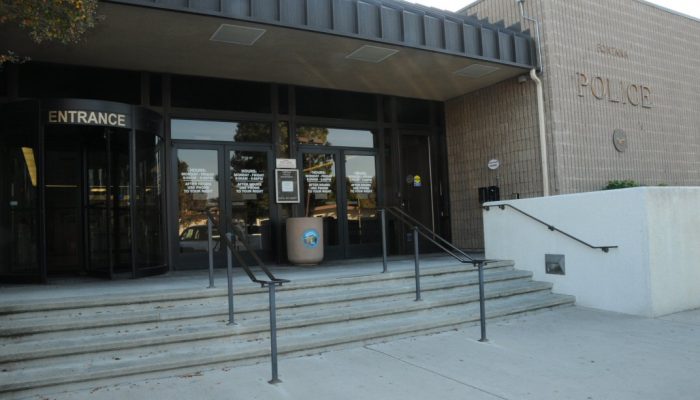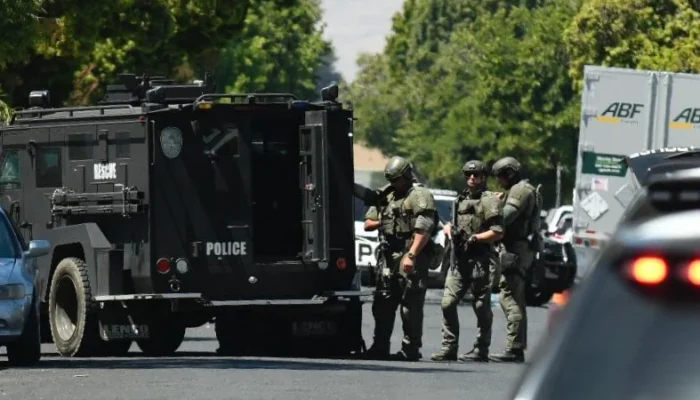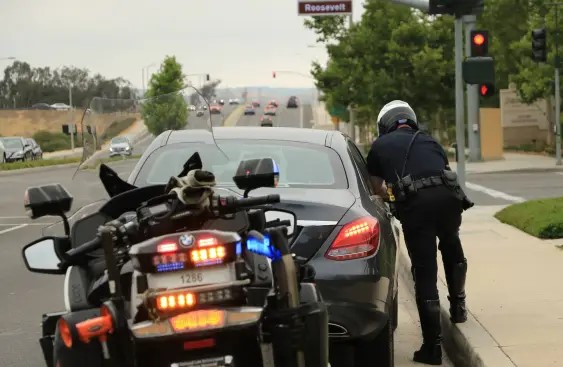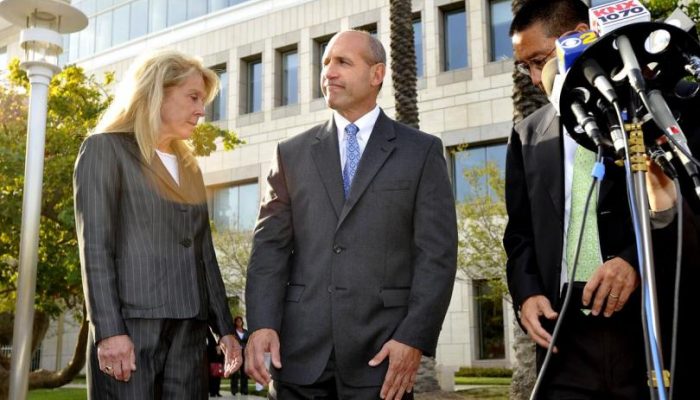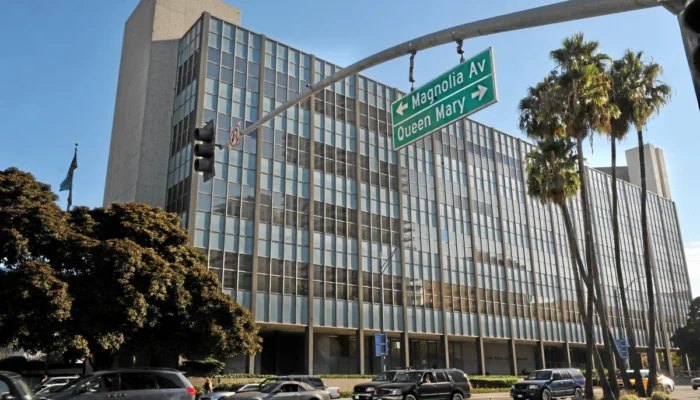
Riverside County pays $1.3 million to Wildomar man whose face was broken by deputies
The circumstances of the arrest were ‘patently unreasonable, excessively brutal, sadistic and malicious,’ says the lawsuit

By Tony Saavedra | tsaavedra@scng.com | Orange County Register
PUBLISHED: June 13, 2025 at 1:16 PM PDT
Kenneth Ciccarelli was sitting in his backyard patio one summer night, listening to music — loud music — on his blue-tooth device, when a Riverside County sheriff’s deputy appeared seemingly out of nowhere and demanded he turn off the tunes.
Blinded by the deputy’s flashlight, Ciccarelli initially didn’t believe it was a real law enforcement officer standing in the darkened Wildomar patio, so he was slow in turning down the music that had drawn complaints from neighbors in June 2019. By the time the encounter was over, Ciccarelli’s face had been bashed by deputies and he was arrested on suspicion of battery on a peace officer.
On May 28, Riverside County paid $1.3 million to settle Ciccarelli’s federal lawsuit alleging that two deputies used excessive force to break his facial bones and then lied about it in an attempt to secure a conviction against him. In 2023, a criminal jury split 11-1 in favor of acquittal and the charges were dropped shortly afterward.
“The manner in which (deputies) seized and restrained Ciccarelli was patently unreasonable, excessively brutal, sadistic and malicious,” said the lawsuit, filed Feb. 18 by attorney Jerry Steering, who also defended Ciccarelli in the criminal case.
Steering alleged the Sheriff’s Department destroyed the official pictures taken of Ciccarelli’s face, but he was able to obtain a copy three years later from a deputy’s cellphone. Steering also said the department withheld exculpatory use-of-force reports written after the incident.

According to the lawsuit, Ciccarelli was relaxing, listening to music, in his patio around 9 p.m. on June 4, 2019, his hoodie pulled tightly around his head. Responding to complaints from the neighbors, Deputy William Stokes arrived and walked past the “No Trespassing” sign on the backyard gate and into the patio. Ciccarelli was sitting with his back to the deputy.
Stokes ordered the resident to “turn the (expletive) music off,” but Ciccarelli didn’t clearly hear him. Stokes repeated his demand and, this time, Ciccarelli heard him, but saw only the glare of a flashlight when he turned around, the suit said.
Ciccarelli, according to the suit, initially thought a relative was toying with him, but the deputy grew more ardent. They exchanged expletives as Ciccarelli grew angry that the deputy had walked into his back yard. Stokes lunged at Ciccarelli, the suit said, and slipped on jagged rocks covering the ground. He then used a baton to knock Ciccarelli’s phone from his hand.
Stokes threw Ciccarelli onto the rocky ground and handcuffed him, while Ciccarelli called out to his wife to “call the cops” and to “get my gun.” The wife did not do so, the suit said.
Stokes called for backup, saying into his radio that the resident was threatening to get a gun. Deputy Michael Schmidt arrived and both he and Stokes descended on Ciccarelli, the suit said.
The suit said Stokes hit Ciccarelli three times in the face with powerful fist blows, breaking his orbital bone. But Schmidt told his superiors it was he who hit Ciccarelli because the resident had grabbed hold of his left pinky finger and was bending it back.
Other discrepancies in what transpired were found in the official Sheriff’s Department’s use-of-force report, which claims Ciccarelli flicked a lit cigarette at Stokes when ordered to turn off the music. It also alleges Ciccarelli lunged at the deputy — not the other way around — and attempted to hit Stokes with a cellphone, causing them both to fall to the ground. Stokes injured his hand in the fall. When Schmidt arrived they tried to control Ciccarelli, although he was handcuffed by then.
Finally, paramedics arrived, but Ciccarelli kicked at them and told them he had a gun and was going to get it, the report said.
“The facts of this case clearly show the actions of our deputies were appropriate and lawful,” said a statement from the Sheriff’s Department.
“The settlement in this case is irrelevant and solely a business decision between attorneys, insurance companies, and risk management of the county. It in no way reflects on the facts of the case or points toward wrongdoing by deputies,” the department said. “Part of the decision-making must be the type of evidence and how attorneys will be able to manipulate already anti-law enforcement jurors with partial truths.”
Steering said the Sheriff’s Department was lying.
“That’s the same department that destroyed evidence, withheld exculpatory evidence and tried to frame a man they beat,” he said.

Steering Law is a California-based civil rights and criminal defense firm led by Jerry L. Steering, Esq. The firm focuses on police misconduct cases, including excessive force, false arrest, malicious prosecution, contempt of cop incidents, and 42 U.S.C. §1983 civil rights actions, while also handling serious criminal defense matters. Steering Law is dedicated to protecting clients’ constitutional rights and delivering justice for individuals who have been wronged by law enforcement.

